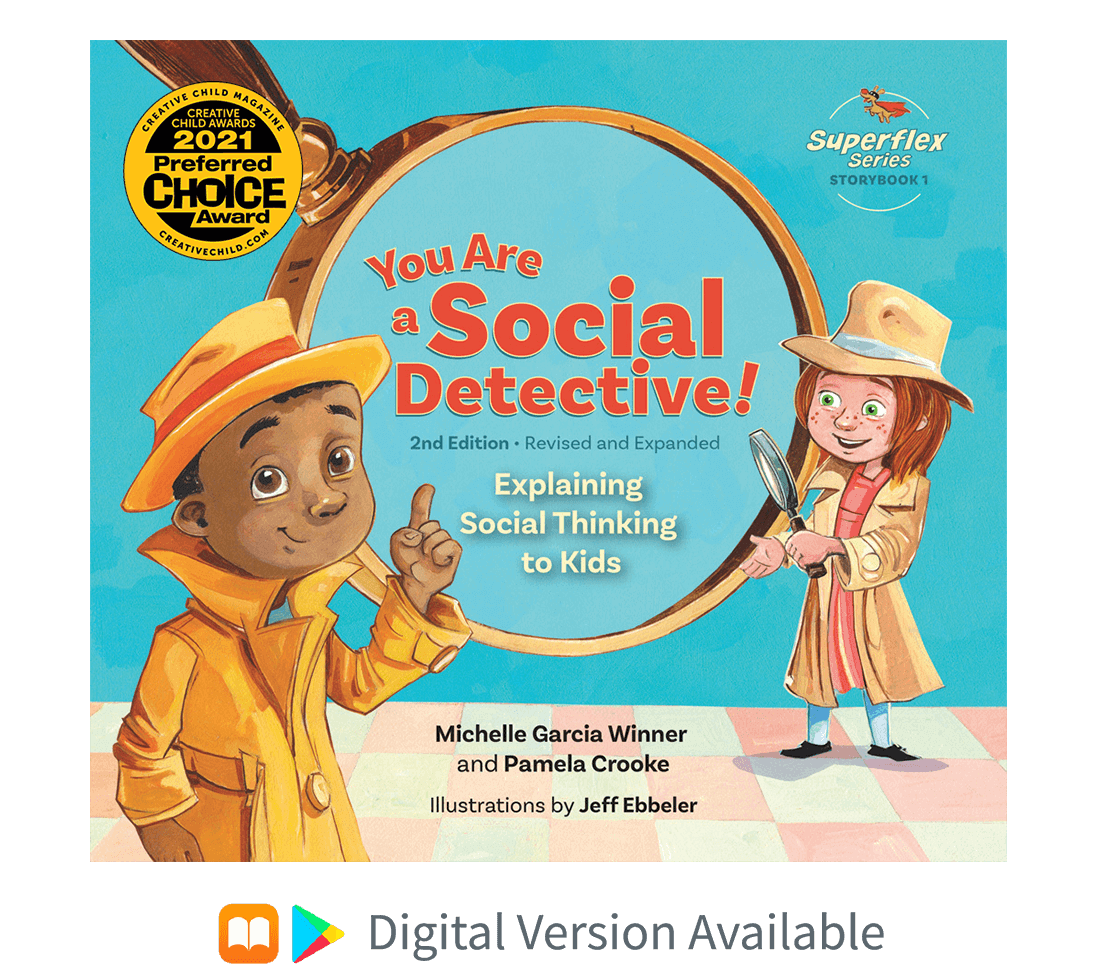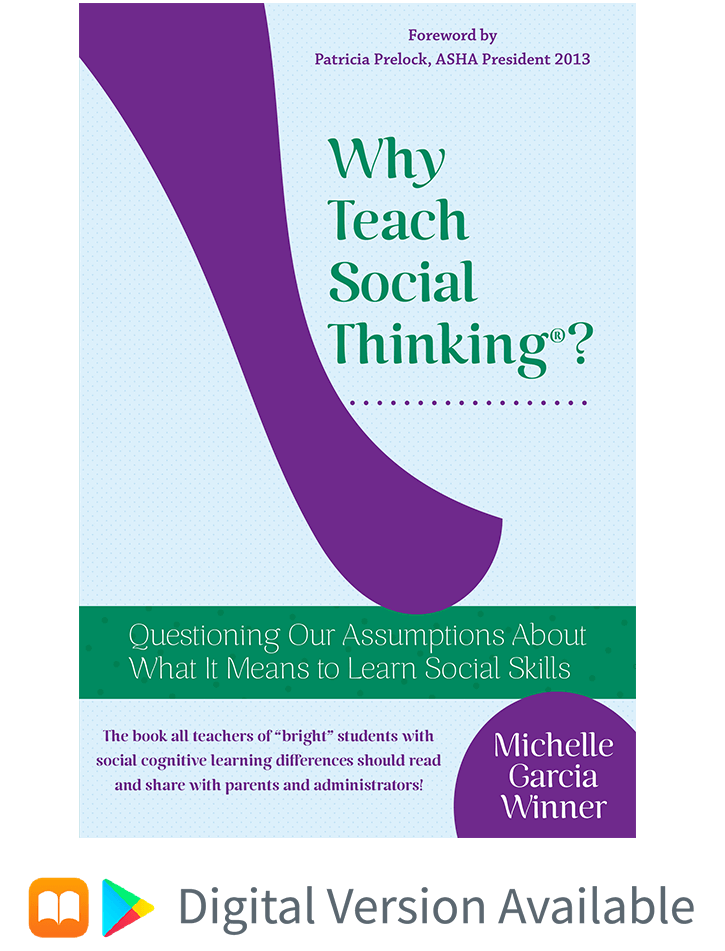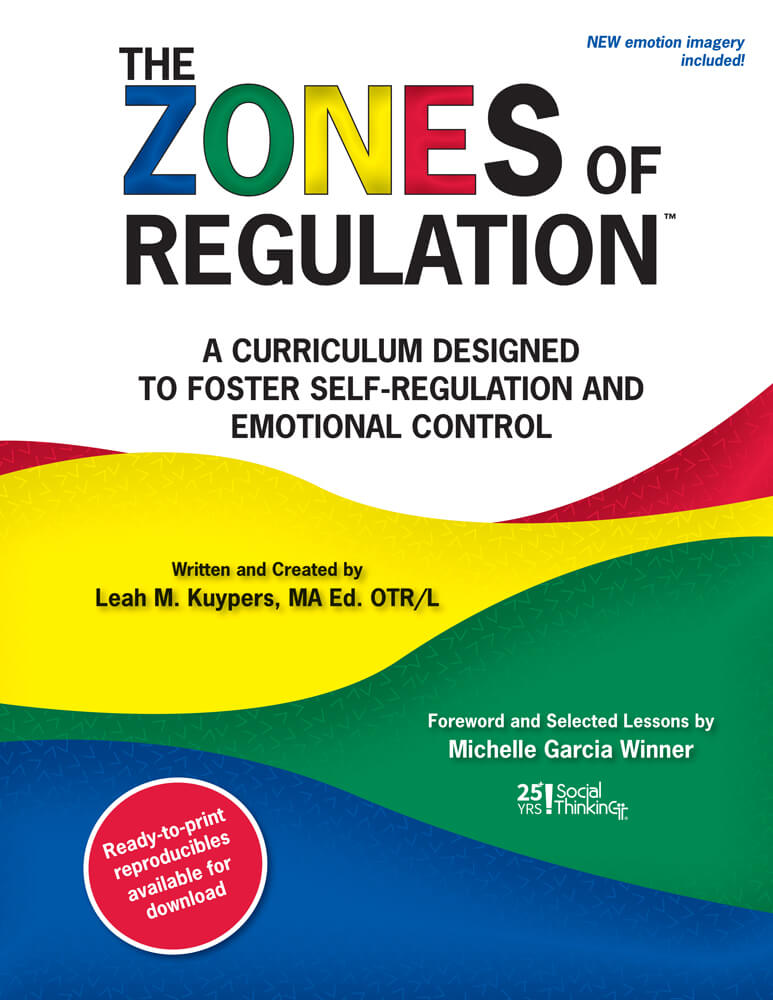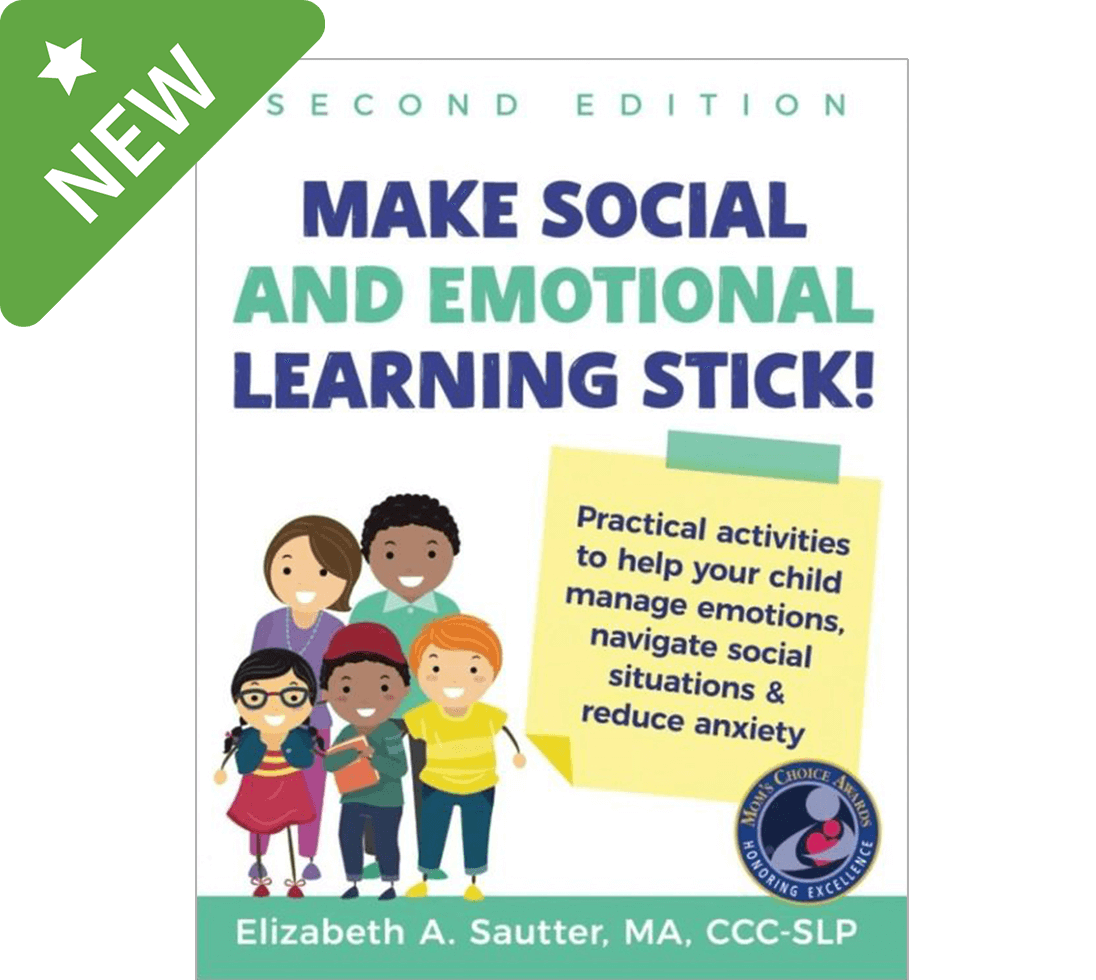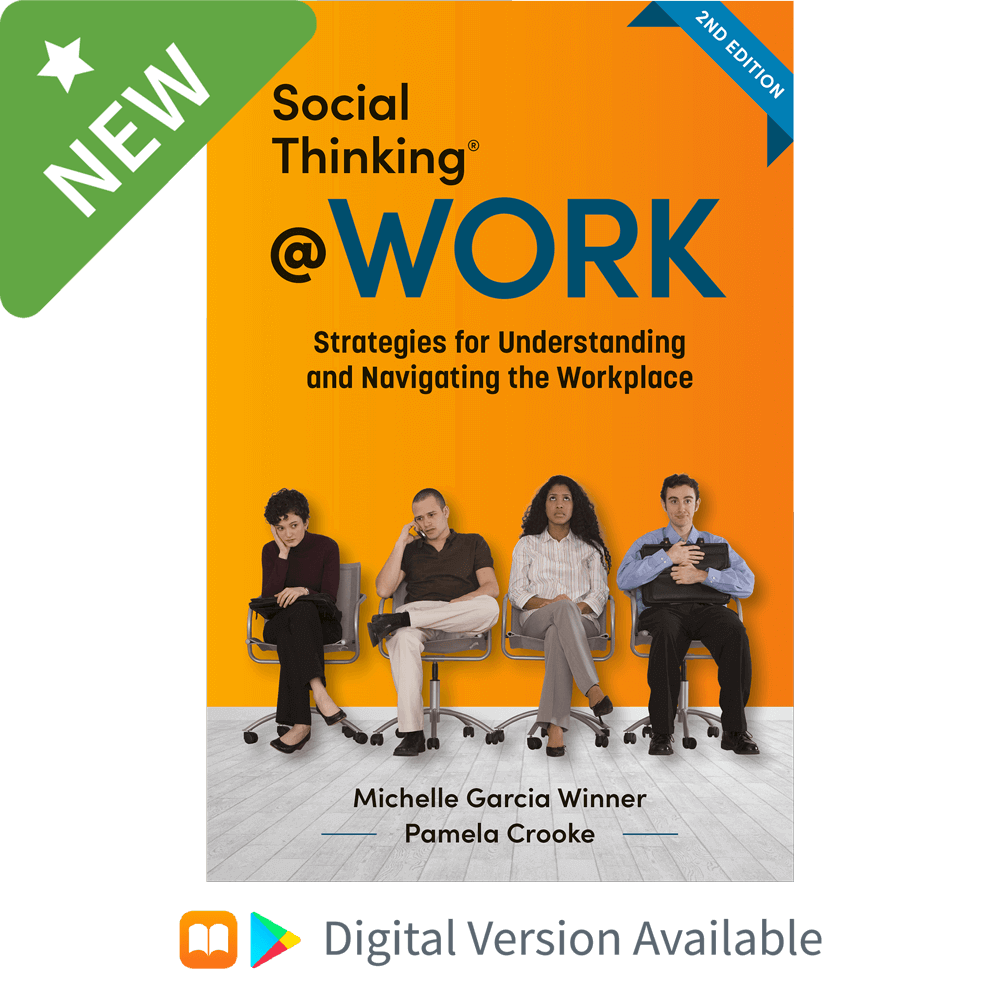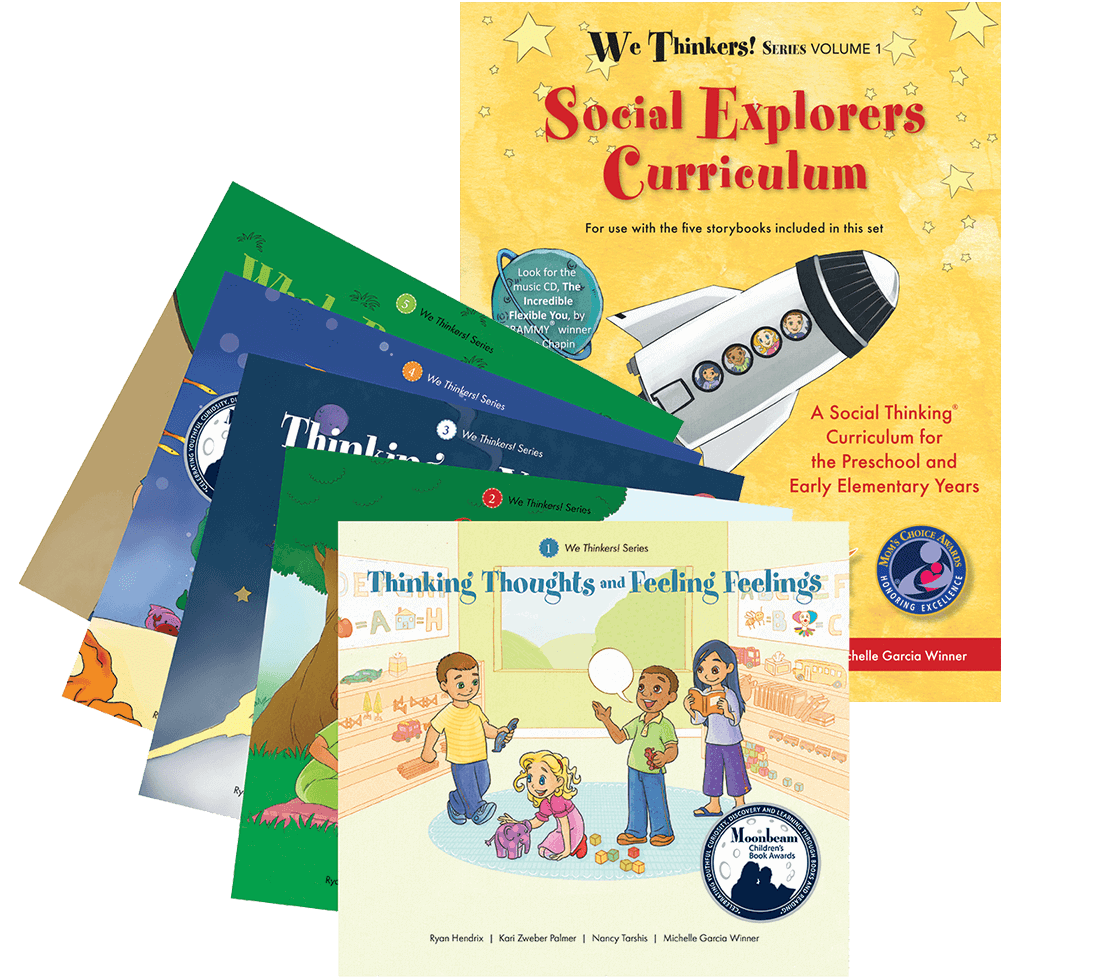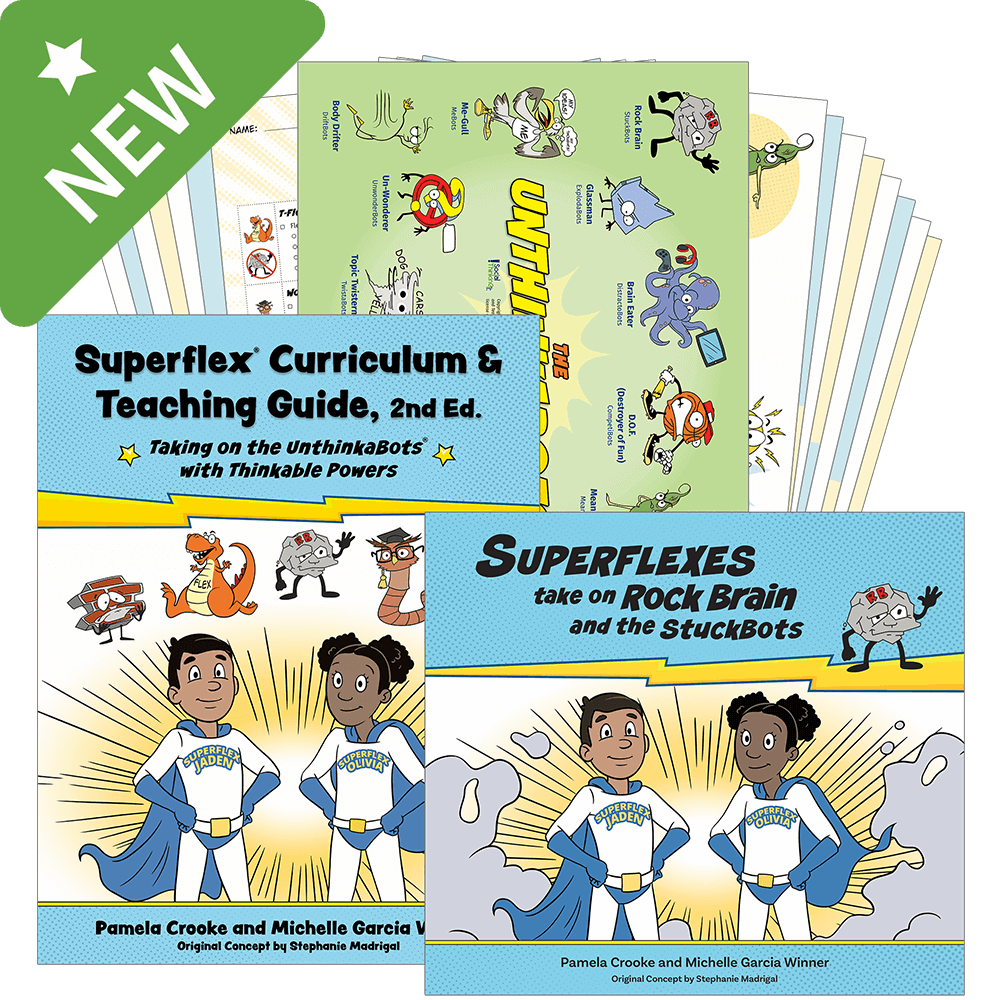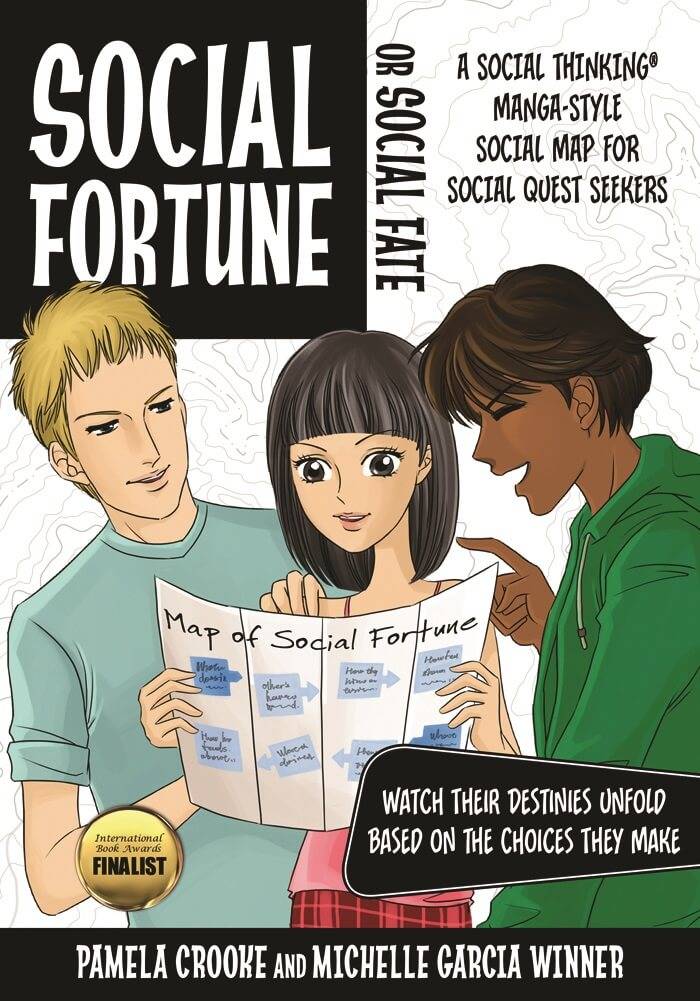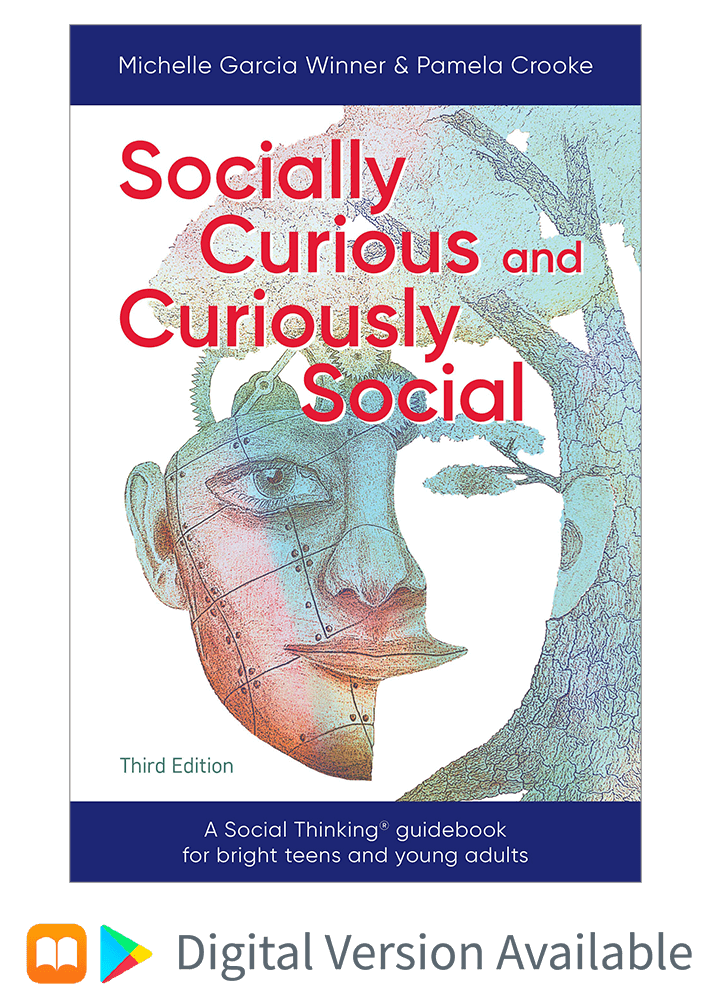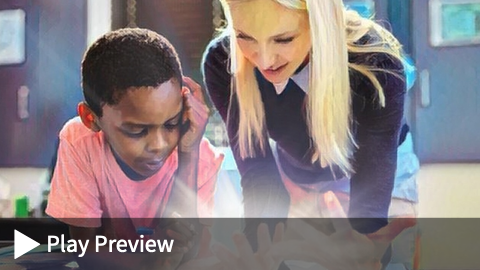© 2021 Think Social Publishing, Inc.
Download a PDF of this article to keep or share with friends and colleagues.
Social distancing does not need to drive us apart. In fact, it provides us all the more reason to relate to one another in this ever-changing social world.
All people worldwide, who are tuned in and aware of what’s happening with the COVID-19 pandemic, are experiencing similar but somewhat different problems to solve based on how it is impacting them, their families, and friends. It’s triggering frazzled emotions as all of us experience our carefully made plans and visions for our near-future rapidly changing; it’s as if our crystal ball for imagining what will be happening in the coming weeks just cracked. We are going through different versions of the same experience, and that serves as the basis of connection to each other. It’s happening now—in grocery store lines, gas stations, and offices –all around our social world. As one of my employees recently commented, “There’s nothing like a pandemic to bring us together!”
Here are five points to consider when you feel that social distancing has forced you into physical isolation in an overly quiet or an overly crazy household filled with children or adults who are climbing the walls:
- No one has gone through this before. Let’s be somewhat incompetent together!
My 96-year-old father is “wise” because he’s seen a lot in his lifetime. However, even he acknowledged this week that none of us knows how to handle what we are dealing with right now. Being vulnerable together is a fast way to strengthening relationships. Let’s relate through our own experiential incompetence to continue to build competent, caring relationships! - We, the adults, have to actively work at not feeling helpless.
Helplessness comes from feeling we have no control; it’s a default mechanism in our brains. The way to prevent our brains from defaulting to feeling helpless is to work at feeling like we have some control. While it is true that we cannot fully control our future, we can control some aspects of our future, such as how we plan to keep ourselves and family members focused on responsibilities and positive social interactions. To do this, we have to notice what we have control over, such as our attention to each other and how much time we spend watching the news and fretting about the daily intrusion of new dilemmas versus how much time we spend doing something that we may want or need to do. Relating to others helps us to keep from feeling helpless. - Relate in real-time through using socially smart technologies such as FaceTime, Zoom, Skype, and more, where you can actually see and speak to others.
Being there for each other in the “here and now,” even if through a screen or an old-fashioned telephone call, helps to keep us real. Humans tend to minimize their problems and maximize their positive traits or opportunities on social media. There is also a tendency to be blunter, meaner, and ruder in writing, when people share thoughts without having to consider others’ perspectives when communicating online to unknown people out there in the stratosphere of the Internet. Avoid depending on distant Internet communications during times when we are being asked to physically distance ourselves socially. We need each other in the here and now, even when not at arm’s length, to share our very real experiences. If you have a work friend that you talk to every day but never away from work, now is the time to shift that friendship. The biggest compliment we give each other is our attention. Most folks will welcome another person seeking to talk to them. The more we are willing to share how we honestly feel, the more people feel they can relate to us and we to them. - This is not your problem to solve alone.
Embedded in the word relationship is the word “relate” – our ability to relate is the platform through which we do our best problem solving. By sharing our problems and hearing how other people solved a similar but different problem, we are learning different ways to think about things. By absorbing multiple perspectives, or perspective taking, we keep our own perspective from spiraling into catastrophizing, and we may get some new ways to address our own personal dilemmas. One of the more “secret” benefits of friendship is that by relating we are actively learning from each other. - Push positive with your thoughts and feelings.
Our minds are designed to be on the lookout for negative feelings because these may point us in the direction of personal or work problems looming on the horizon. Ironically, while our brains may be good at looking for problems, our brains don’t do well solving problems when stuck in a negative mindset. While people are more likely to make friends complaining and commiserating together, avoid giving in to negative emotions. Instead, go on a hunt for “silver linings,” that is, look for the good that may emerge from a situation or problem. Lean into positive thinking. The flipswitch for shifting from negative mindsets to a more positive frame of mind is mindfulness. Keep in mind, that any time where we are is right here, and from here we can push our minds into positive and calming images. All the challenges that surround us need to be tackled, but right now I AM SIMPLY HERE and HERE IS OK.
We are all in this together. Don’t keep that to yourself.










